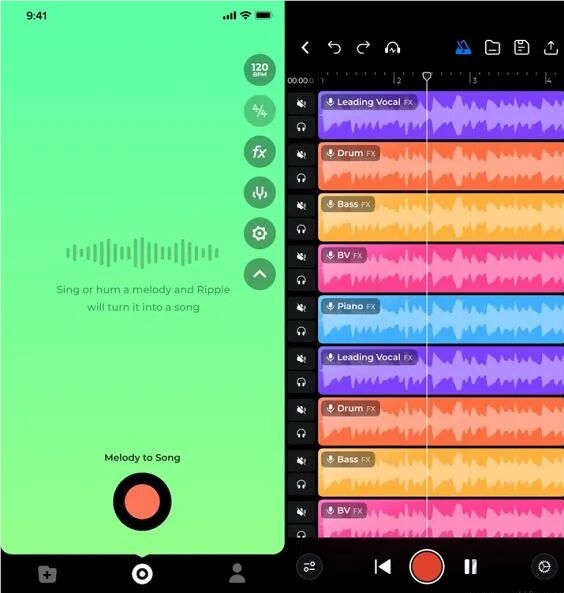"Your voice is running naked on the Internet." - This is not an exaggeration, but the reality in the voice acting industry. When the narration of Amazon's brand documentary "Project Sailor Star" was broadcast, Xu Ting stared for a moment: it was clearly her voice, but she had never recorded those words. She asked for help on Weibo, and netizens, after comparison, gave a consistent answer - "It's you." No one paid her copyright fees, nor did anyone notify her beforehand. Her voice was "pulled out" by an invisible hand and directly inserted into the finished work. Xu Ting's question brought the gray industry chain of AI voice cloning under the spotlight.
The technical barriers are as low as "absurd" - the latest voice engine from OpenAI only needs 15 seconds of dry audio to replicate an almost indistinguishable "digital vocal cord"; commercial software available on the market, costing just dozens of dollars, even supports "emotion + accent" packages, allowing one-click generation of advertisement-grade narrations. Two years ago, this business required a recording studio and a professional sound engineer, but now it has been compressed into a simple upload-download production line.
The industry temperature has dropped sharply. IDC data shows that the Chinese AI voice market is expected to reach 14.93 billion yuan in 2024, with a compound annual growth rate of 28%. On the other hand, the number of "real person voice acting" positions on audio platform job pages has shrunk by nearly 40%. Early on, Himalaya fiercely recruited "voice hosts," but now many of them have changed their descriptions to "AI audio post-production." Voice actors at the bottom found that when clients set budgets, the first sentence shifted from "What emotions can you express?" to "What post-production can you do for AI?"
The "super realistic effect" has become a new problem - AI voices are too clean, without "um, ah, breathing," like a reflective mirror, lacking the "porousness" of human voiceovers. However, the market is voting with its wallet: 15 seconds of dry audio + no copyright fees is enough for the client to ignore that slight "too perfect" inconsistency.

Morgan Freeman has already initiated a "protecting his voice" lawsuit, accusing an advertising AI of cloning his deep voice; after the Xu Ting incident, multiple domestic voice studios have begun registering "audio fingerprints" for voices, and once a commercial segment with similarity > 85% is detected, an automatic legal letter is sent. The technical confrontation is also intensifying - blockchain evidence, voiceprint watermarks, and adversarial noise are being embedded into dry audio files, trying to add an "invisible lock" to the voice.
However, the flood is still rising. IDC predicts that by 2026, AI voice will account for more than 60% of the Chinese voice acting market. The space left for real people may only be the high-premium emotional sector - documentaries, art films, and role-playing games, where "imperfect breathing" is still needed.
Xu Ting wrote on Weibo: "If we don't speak up today, we might really have no voice tomorrow." In the comments section, voice actors, audiobook hosts, and ad narrators collectively forwarded it - this is the first time they have raised their voices for their own voices.








